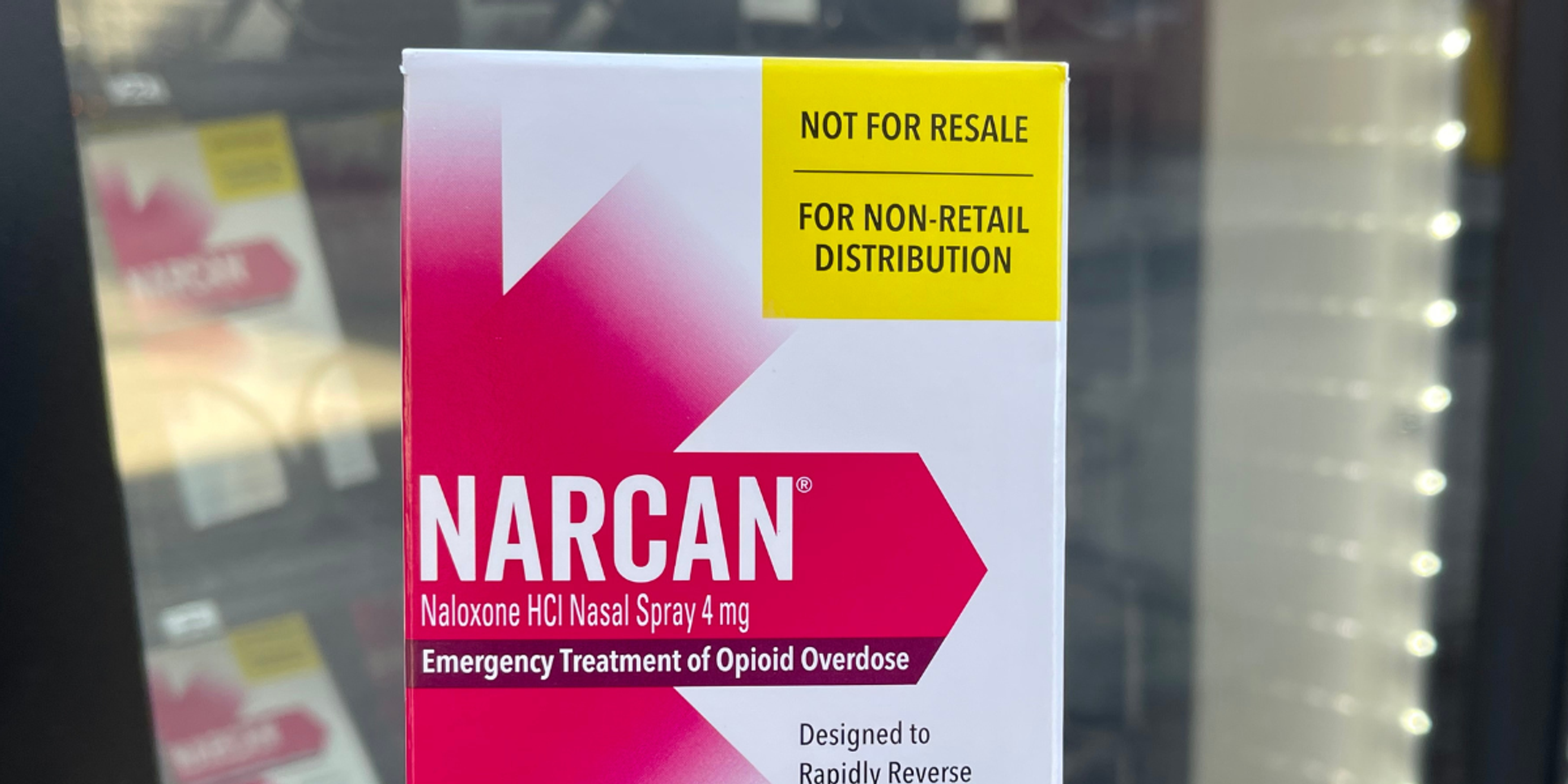Colon Cancer: A New Concern for Young Adults?
Dr. S. George Kipa, M.D.
| 3 min read
Medical Officer

Most people wouldn’t associate someone in their 20s with colon cancer, but recent data shows that believing certain cancers don’t affect young people can be dangerous.
New research from the American Cancer Society found that since the mid-80s, colorectal cancers have been steadily on the rise among people under age 50. While adults 50 and over are still 16 times more likely to get colon cancer than younger people, the rise in diagnoses is alarming. People born in the 1990s have about double the risk of colon cancer and quadruple the risk of rectal cancer compared to the risk people born in the 1950s had at the same age. As a doctor, I know the importance of making sure my patients feel comfortable talking to me about any worrisome signs. Here are three easy ways to start the discussion at your next doctor’s visit:
- Discuss your family’s health history: People with a family history of colon or rectal cancer have a higher risk for the disease. If you have loved ones with a history of either of these diseases, notify your doctor.
- Ask about any troubling symptoms you may be experiencing: Discussing bathroom habits with anyone is never a comfortable conversation, but if you experience any irregular symptoms such as changes in stool color, consistency or shape, cramping or abdominal pain, fatigue or unintended weight loss, be honest with your doctor and do so promptly. Early detection can get the right conversations started with the right specialist to determine an immediate course of treatment before it advances.
- Identify your risk factors: Certain conditions and behaviors can increase the risk of colon cancer. Be sure to mention unhealthy lifestyle behaviors such as smoking or excessive drinking, since those can negatively impact your risk. Obesity is also one of the suspected causes for the rise in colon cancer diagnoses, so consider healthy diet changes and regular physical activity as positive steps toward prevention.
Thinking about cancer can be scary, but knowing your risk factors and the statistical odds that exist can be a step in the right direction toward prevention.
If you’re 45 or older, or are experiencing any of the aforementioned symptoms, now is the time to schedule a visit with your primary care physician to discuss the need for screening tests such as a colonoscopy and review your goals to stay healthy.
Blue Cross Blue Shield of Michigan and Blue Care Network cover colorectal screenings for most members beginning at age 45 to align with the recommendation of the U.S. Preventive Services Task Force. For more information, click here.
Photo credit: Startup Stock Photos





